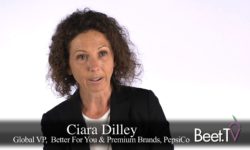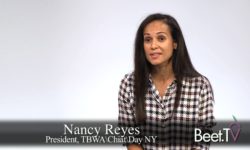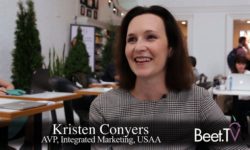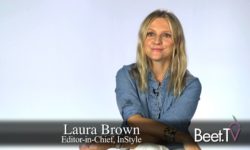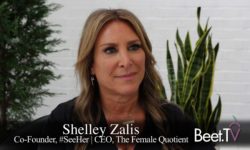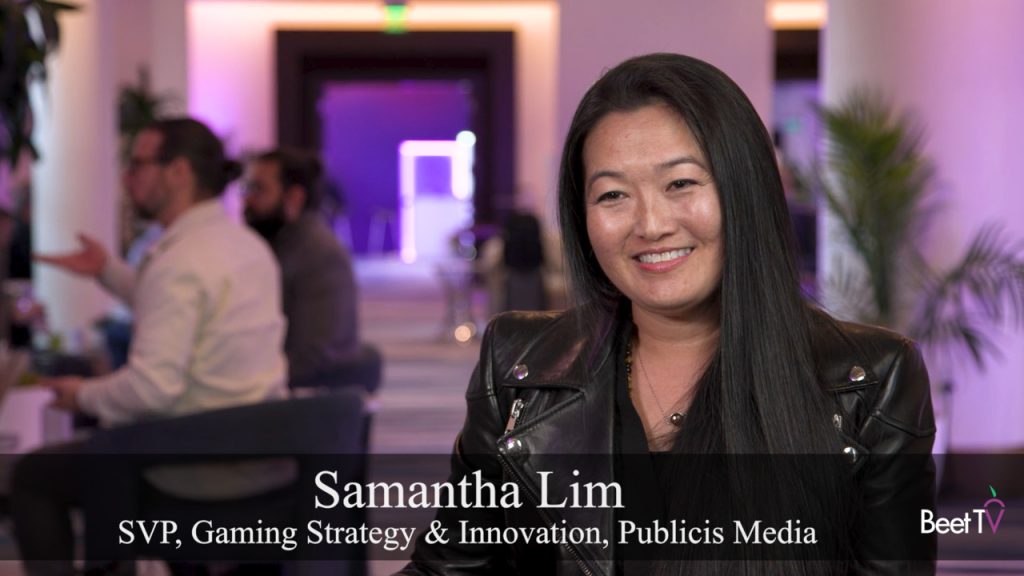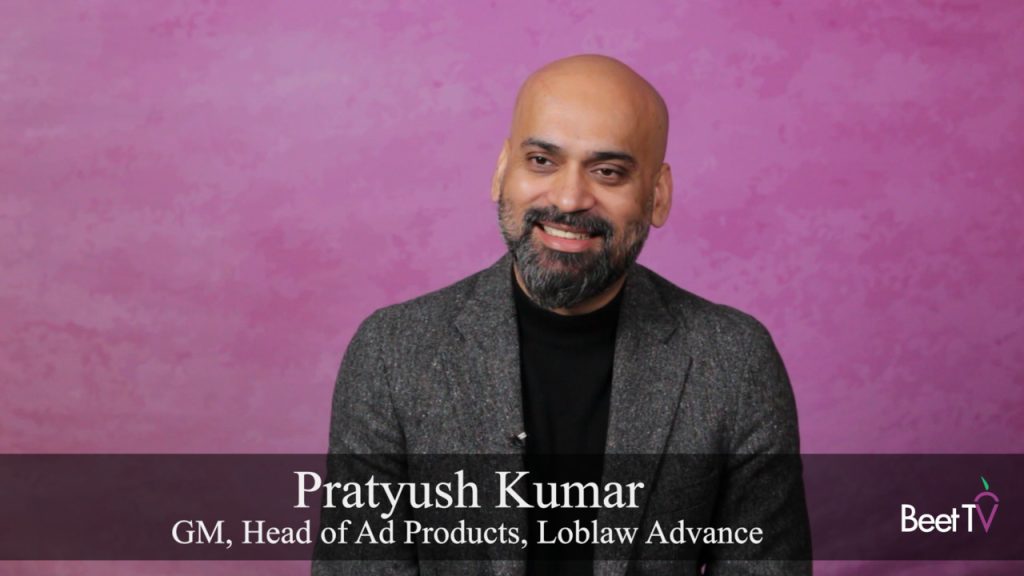As one of the first supporters of the #SeeHer initiative, L’Oreal has been getting feedback from television viewers surveyed on behalf of the Association of National Advertisers that informs both commercial messaging and program choices. “We’re on board one hundred percent,” Nadine Karp McHugh, the personal care marketer’s SVP of Omni Media, Creative Solutions & Strategic Investments, says in this interview with Beet.TV.
The ANA launched #SeeHer in the summer of 2016 as an outgrowth of its Alliance for Family Entertainment’s drive for more family friendly TV programming. #SeeHer’s goal is to more accurately portray all girls and women in media.
“#SeeHer has made the importance of gender equality and diversity come to light in our space,” says McHugh.
When the ANA polled people about next steps beyond family friendly programming, they cited a lack of positive female role models. “Because they looked at the content that was out there and it wasn’t showing women in leadership positions. It was showing women waiting for their kids to get home from school reading a magazine, which, by the way is unrealistic because even if you’re home you’re working very, very hard with your children doing lots of things.”
Men are not left out of the picture. “It was about putting more positive portrayals of women and men in different roles,” she adds. “There’s lots of men I know, great men, who stay home with their kids also. It’s a family choice.”
The #SeeHer initiative has created more awareness in advertising and media about what needs to be done from both a marketing message standpoint and appropriate programming, according to McHugh. It uses a data-tracking Gender Equality Measure (GEM) to identify best-in-class advertising and programming that supports girls and women, according to the ANA’s news release.
All of L’Oreal’s commercials are rated as the result of consumers being asked several questions. “It’s not a shaming game for marketers and it’s not publicized, but it’s something that’s used to learn so that you can celebrate the successes and learn from moving forward as you create content and also so that you can learn from your mistakes moving forward and course correct.”
McHugh says marketers took a stand in the beginning of #SeeHer “and sort of drew a line” by telling its agency partners to only buy programs with high GEM rankings. That line included the proviso, “We don’t want to pay extra for this because this should really be the way of the world.”
You are watching Gender Equality Means Business, a Beet.TV series presented by Meredith Corporation in partnership with #SeeHer. For additional videos from the series, please visit this page.






